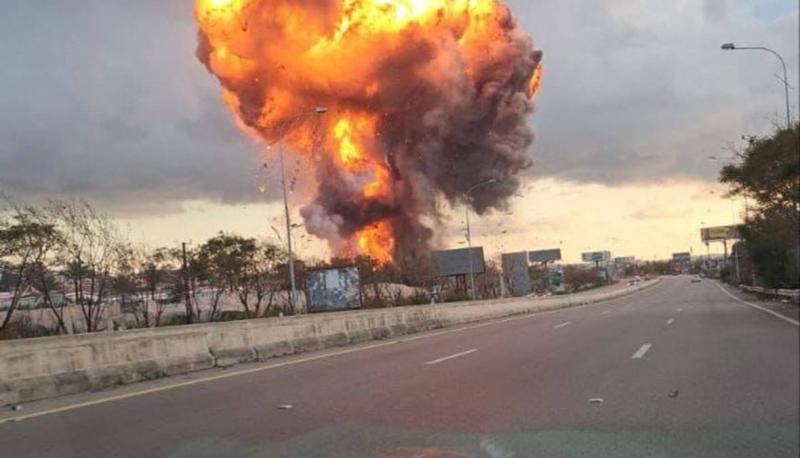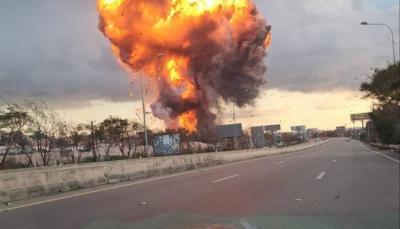Israeli Defense Minister Yoav Galant did not hesitate to try to leverage the two airstrikes carried out by Israeli aircraft at six o'clock yesterday evening on the outskirts of the industrial area in Ghazieh, suggesting that the strikes targeted "Hezbollah infrastructure in Sidon," asserting, "Look at what we did... we have many targets, and they will reach Beirut," according to his claims. However, the immediate facts reveal that the airstrikes, which shook the vicinity of the camps, Sidon, and neighboring areas, hit two factories, one for electric generators and the other for aluminum and iron, both well-known at the junction of the highway connecting the south in both directions, Ghazieh, Maghdoucheh, and the villages in the region of Tuffah, as well as villages eastern Sidon.
While those close to the resistance view the bombing as a psychological and moral pressure on the Lebanese public, in light of Benjamin Netanyahu's decision to freeze the alleged war against Rafah at the southern border with Egypt, thwarting efforts for a prisoner exchange deal, and diverting attention from international isolation by trying to open the southern front through open airstrikes, betting that the Americans, Europeans, and certain Arab and regional parties do not wish to expand the engagement and initiate a new devastating war similar to what has been happening in Gaza for months.
As has become known, this dangerous development has placed the resistance in front of new options, left to work on the ground, whether regarding rockets that have not yet been deployed or advanced version of precision drones. Along the southern border, tension prevailed within Israeli settlements due to fears of drone infiltration from Lebanon, and air raid sirens echoed in the Avivim, Barkar, and Dalton settlements.
A diplomatic source connected the Israeli escalation with pressure aimed at securing American and French support for any operation carried out by Israel, through reaching an agreement to push Hezbollah a distance of 10 to 20 kilometers away, which would include, according to the newspaper "Ma'ariv," “legitimizing Israel's right to carry out attacks against Lebanon if Hezbollah violates the agreement and approaches the border again,” with countries like the United States, France, and Britain, along with the Lebanese state, being partners in the agreement.
The regional spokesperson for the U.S. Department of State stated that his country does not support the expansion of the war between Lebanon and Israel, and that Washington is pressuring for respect for the Blue Line and the return of residents to their homes on both sides of the border.




